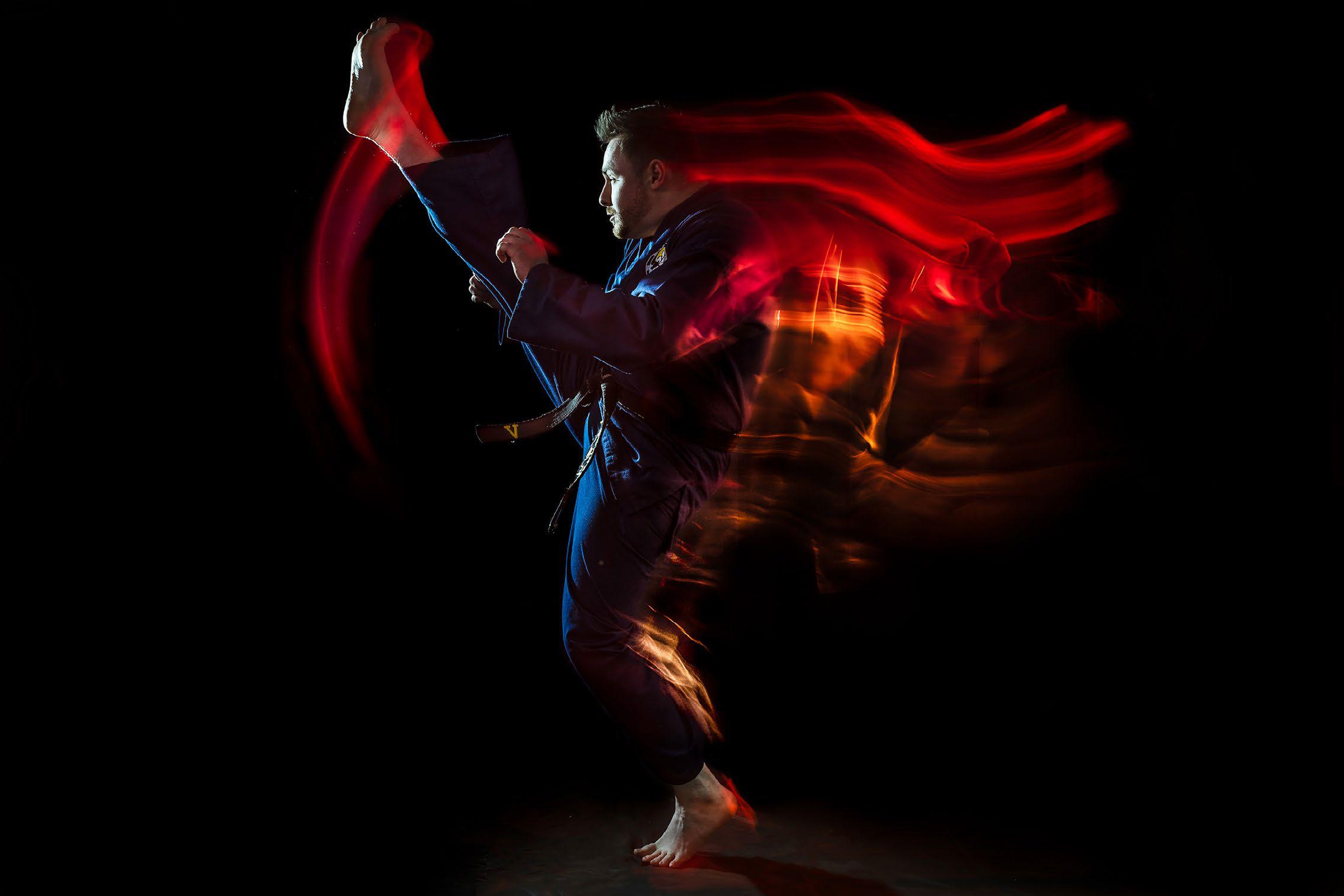
A burst of flash lets us freeze motion, and a long exposure lets us create motion blur. Both are great techniques, but if you’re looking for a creative approach to action shots, the slow-sync flash method lets us have it all in a single frame. Sometimes called shutter ‘dragging’, this is where we use a flash with a longer-than-normal exposure to introduce motion blur. It’s a great trick to try out for action or sports subjects, such as our Taekwondo expert. By using a combination of flash and gelled LED lighting, we can create gorgeous streaks of blur to convey the movement of the subject, along with a burst of flash to freeze the motion.
Whenever we use flash, we are effectively making two exposures in one. First there’s the flash exposure, where the subject is lit by the near-instant burst of light. But there’s also the ambient exposure, where the light in the scene – whether natural daylight, room lights or other artificial lighting – plays a part. Often the flash is so powerful that ambient light plays a negligible role in the overall exposure. But here, by stretching our shutter speed to several seconds, the divide is obvious. The ambient exposure creates the blur and the flash freezes the final movement of the subject. It might look like a Photoshop effect, but this is done entirely in-camera. There’s an element of trial and error in timing the motion of your subject and balancing the lighting, but when it all comes together, the results can be jaw-dropping.
CAMERA SKILLS SLOW-SYNC SETUP FOR SPORTS
How to capture sharp and blurred action with a mix of constant and flash lighting
هذه القصة مأخوذة من طبعة June 2023 من PhotoPlus : The Canon Magazine.
ابدأ النسخة التجريبية المجانية من Magzter GOLD لمدة 7 أيام للوصول إلى آلاف القصص المتميزة المنسقة وأكثر من 9,000 مجلة وصحيفة.
بالفعل مشترك ? تسجيل الدخول
هذه القصة مأخوذة من طبعة June 2023 من PhotoPlus : The Canon Magazine.
ابدأ النسخة التجريبية المجانية من Magzter GOLD لمدة 7 أيام للوصول إلى آلاف القصص المتميزة المنسقة وأكثر من 9,000 مجلة وصحيفة.
بالفعل مشترك? تسجيل الدخول
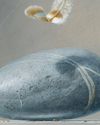
The Art of Copying Art - James Paterson shows you how to use your Canon gear to capture artwork and paintings the right way with simple camera and lighting skills
Whether you want to capture a painting like the above, digitise old prints or reproduce any kind of canvas, there's real skill in capturing artwork with your camera. Not only do you need the colours to be accurate, you also need to master the spread, angle and quality of the light to minimise glare and show the work at its best.This painting by the artist Bryan Hanlon has a wonderfully subtle colour palette. To reproduce the painting in print and digital form, it needs to be captured in the right way.
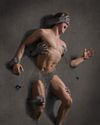
Fright night
Canon photographer and digital artist Alexander loves to craft incredible fantasy scenes with a spooky horror twist

Sharpen your shots with DPP
Sharpening a digital image also increases contrast at the edge of details

CANON ImagePrograf PRO-1100
Deeper blacks, better bronzing, greater lifespan and 5G Wi-Fi -Canon's new printer is full of new tech, says
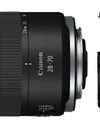
Canon's new 'kit lens' is actually a half-price f/2.8 trinity lens!
The Canon RF 28-70mm F2.8 IS STM lacks a red ring, but borrows premium features from its L-series siblings

DREW GIBSON
Pro motorsports photographer Drew on why he hasn't (yet) switched to Canon's mirrorless system, why old-school techniques can be the most reliable, and the lessons learned from more than a decade shooting the world's biggest car brands

Up in smoke
Make a smoky shape in Affinity Photo and get to grips with the amazing Liquify Persona under the guidance of James Paterson
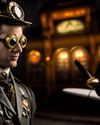
Expand your creativity with Generative Fill
Photoshop's Al-powered feature brings revolutionary new tools to image editing. James Paterson reveals all...

Turn your images into vintage postcards
Wish you were here? Sean McCormack explains how you can give your summer photographs a vintage postcard look
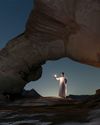
The Angel Malibu
Light painting an American movie producer in the Wadi Rum Desert in Jordan was a highly unlikely evening out for David!